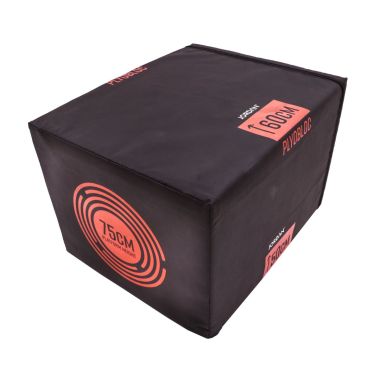How Music Can Help You Workout

Music has an ability to take us on a journey, hear an old theme song from a childhood show and we are back there remembering how we felt as a ten year old. Many scientists also believe that music can be hugely important to how our brains work when we are working out.
A study conducted by M Schwartzmiller, published by the American Council on Exercise says that when music is playing our body will naturally follow the beat of the music. The faster the beat or tempo then the greater the intensity of our movements. What is important is that some activities will naturally lend themselves to a repetitive beat. So much so that one scientist Costas Karageorghis has referred to music as ‘a type of legal performance enhancing drug’. In fact his paper The Psychological Effects of Music in Sport and Exercise is interesting to refer to as it provides some great examples from elite athletes.
Examples of Using Music in Sport & Exercise
Haile Gebreselassie broke the indoor 2000m record in 1998 where he is said to have synchronised his stride rate to the pop song ‘scatman’. A slightly different example is the boxer Audley Harrison who famously used to listen to Japanese classical music prior to each bout as it had a calming effect on his pre-fight nerves.
Karageorghis also goes on to claim that if we synchronise our movements to music, seven per cent less oxygen can be required to do the same physical activity when compared to people who are doing the same activity but with no music.
Music and Not Feeling the Pain of a Workout
In addition, some scientists, notable Mathew Stork, have claimed that music stops us feeling the pain of a workout. In effect we are ‘distracted’ from the pain and can therefore workout harder and for longer. The music makes us feel good and happy, not focussing on our sore or tired muscles.
Musical Agency
So far we are clear that music can enhance our performance as well as helping to numb the discomfort of the exercise. But some experts are now saying that you will achieve even great results when you adopt what is called ‘musical agency’. Put simply this doesn’t just mean working out to the beat but controlling the beat. If you can get to this stage then your physical workout will be less exhausting.
How You Can Use this Science in Your Workout
Create your own playlist that works for you. Use your favourite song and take the chorus as your cue to double your pace. This will help you design an effective interval training programme. 12 tracks with repetitive chorus’s will help you create a 30-50 minute interval workout.
Also time your movements to the beat of a favourite song and listen to the sounds your body makes when you are working out, both cardio and withy weights. Get to understand the natural rhythm of your body so you can use your favourite tracks more effectively.




